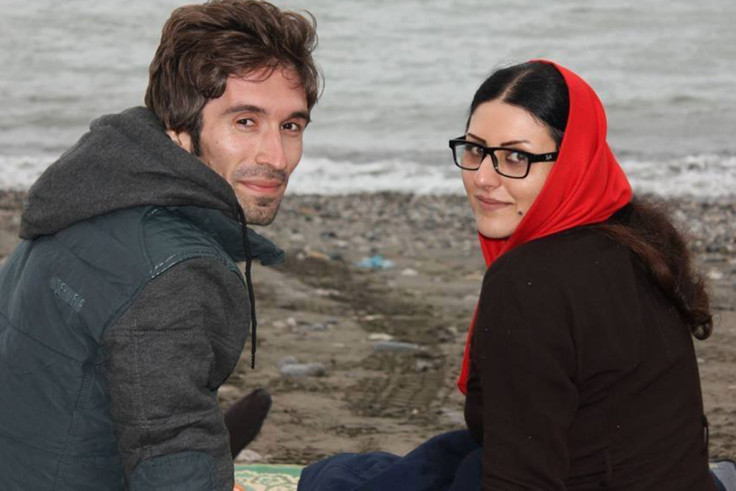Amnesty asks Iran to repeal conviction of writer facing jail for story on stoning
Golrokh Ebrahimi Iraee has been given six years in jail for an unpublished work of fiction she wrote.

Amnesty International has asked Iranian authorities to repeal the conviction of Iranian writer Golrokh Ebrahimi Iraee, who is facing jail for an unpublished fictional story she wrote. Calling the charges farcical, the human rights group said, "She is facing years behind bars simply for writing a story, and one which was not even published — she is effectively being punished for using her imagination."
Iraee has been given six years in jail for writing about stoning in Iran. She was convicted on charges including "insulting Islamic sanctities" and "spreading propaganda against the system".
"Instead of imprisoning a young woman for peacefully exercising her human rights by expressing her opposition to stoning, the Iranian authorities should focus on abolishing this punishment, which amounts to torture.
"It is appalling that Iran continues to allow the use of stoning, and justifies it in the name of protecting morality," Philip Luther, research and advocacy director for the Middle East and North Africa at Amnesty International, said.
The writer and activist received a phone call on Tuesday (4 October) from judicial authorities ordering her to produce herself at Evin prison in Tehran by Wednesday, where her husband, Arash Sadeghi, also a prominent activist, is serving a 15-year jail.
"They haven't issued a written summons [as required by the law]. They called me using the telephone of one of my friends, Navid Kamran; they had gone to his shop to arrest him and they called me from there to summon me," Iraee told Voice of America's Persian network in an interview.
However, it was not clear until Thursday whether she reported to the prison.
Iraee's troubles started in September 2014 when she and her husband were arrested by men believed to be the Revolutionary Guards. The men showed no arrest warrant but raided the couple's house where they seized their possessions, including their laptops, notebooks and some CDs. They also found the unpublished story by Iraee.
They then transferred her husband, Sadeghi, to Evin Prison and Iraee to a secret detention, where they kept her for around 20 days without access to her family, a lawyer or a court, Amnesty reported.
"Golrokh Ebrahimi Iraee's 'trial' was farcical. She was denied the right to a defence and her sentence was a foregone conclusion. This is just the latest example of the Iranian authorities' utter contempt for justice and human rights.
"We are urging the authorities to immediately quash Golrokh Ebrahimi Iraee's conviction and that of her husband Arash Sadeghi, who has been behind bars since June for peacefully exercising his rights to freedom of expression and association. The Iranian government is on the verge of stamping out a whole generation of young activists with its ruthless and repressive tactics," Luther said.
Iran uses stoning as a method of execution. Several human rights activists and organisations have raised their voice against this form of punishment.
© Copyright IBTimes 2025. All rights reserved.





















